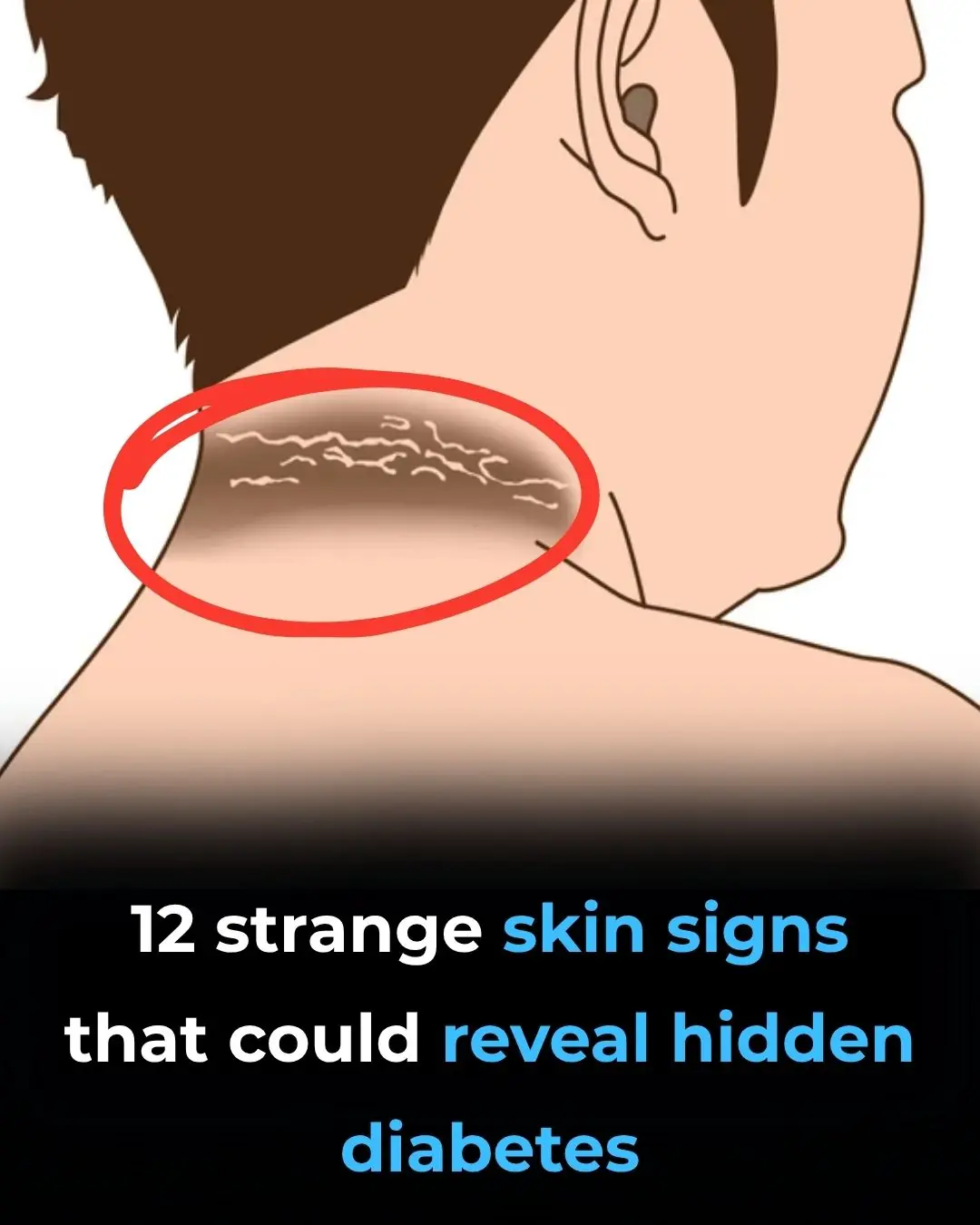
14 SYMPTOMS you should pay attention to
High blood sugar, also known as hyperglycemia, is one of the most widespread and dangerous metabolic conditions affecting people today. Often, it develops quietly and gradually, without any obvious signs until damage has already begun. And while it’s most commonly associated with diabetes, high blood sugar can occur even in people without a diabetes diagnosis — often due to poor diet, stress, lack of exercise, or insulin resistance.
Left untreated, hyperglycemia can cause serious damage to your blood vessels, nerves, organs, skin, and brain. But the good news? Your body gives you clues. If you learn to recognize the early signs, you can act before things spiral out of control.
🚨 14 Warning Signs of Very High Blood Sugar Levels
These symptoms may not seem serious at first — but together, they often signal that your glucose levels are too high and need to be addressed.
1️⃣ Constant Thirst (Polydipsia)
Why it happens: When glucose builds up in the blood, your kidneys work overtime to flush it out through urine — leading to dehydration.
What you feel: You're thirsty all the time, even after drinking water.
✅ What to do:
-
Sip water consistently throughout the day.
-
Avoid sugary drinks, sodas, and fruit juices.
-
Limit caffeine and alcohol — both dehydrate the body.
2️⃣ Frequent Urination (Especially at Night)
Why it happens: Your body tries to eliminate excess sugar through urine, pulling water from your tissues in the process.
Result: You may find yourself waking up multiple times at night to urinate.
✅ What to do:
-
Cut down on sugar, especially before bed.
-
Eat lighter dinners.
-
Keep track of bathroom frequency — if it's unusually high, check your glucose levels.
3️⃣ Fatigue and Low Energy
Why it happens: Even when you eat, glucose stays in your bloodstream instead of entering cells for energy — leaving you drained.
✅ What to do:
-
Eat small, balanced meals with protein, fiber, and healthy fats.
-
Avoid high-sugar or high-carb snacks that cause spikes and crashes.
4️⃣ Blurry Vision
Why it happens: High blood sugar affects fluid levels in the eyes, causing swelling of the eye lens and blurry vision.
✅ What to do:
-
Keep sugar levels consistent throughout the day.
-
Avoid skipping meals.
-
If blurry vision persists, see an eye doctor.
5️⃣ Slow Healing of Cuts and Wounds
Why it happens: Elevated glucose impairs circulation and damages blood vessels, reducing oxygen delivery to wounds.
✅ What to do:
-
Eat zinc-rich and vitamin C-rich foods (citrus, bell peppers, seeds).
-
Keep wounds clean and protected.
-
Seek medical attention if healing is delayed.
6️⃣ Frequent Infections (Skin, Gums, or Urinary Tract)
Why it happens: Bacteria and fungi feed on excess sugar. At the same time, high glucose suppresses immune response.
✅ What to do:
-
Support your gut with probiotics (yogurt, kefir, sauerkraut).
-
Minimize refined sugar and processed foods.
-
Include garlic, leafy greens, and spices like turmeric for immune support.
7️⃣ Increased Hunger (Even After Eating)
Why it happens: Your cells aren't getting glucose due to insulin resistance — so your body signals hunger repeatedly.
✅ What to do:
-
Eat low-glycemic index foods like lentils, quinoa, and vegetables.
-
Prioritize fiber and healthy fats to feel full longer.
-
Avoid processed carbs that trigger hunger cycles.
8️⃣ Unexplained Weight Loss
Why it happens: When cells are starved of sugar, your body begins breaking down muscle and fat for energy.
✅ What to do:
-
Add nutrient-dense foods like nuts, eggs, and whole grains to your meals.
-
Work on improving insulin sensitivity through exercise and balanced meals.
9️⃣ Tingling or Numbness in Hands and Feet
Why it happens: High blood sugar can damage peripheral nerves, a condition known as diabetic neuropathy.
✅ What to do:
-
Maintain consistent blood sugar levels.
-
Include vitamin B12 and omega-3 fatty acids in your diet.
-
Exercise to boost circulation.
🔟 Back and Facial Acne or Pimples
Why it happens: High sugar increases insulin and androgens, triggering oil (sebum) production and clogged pores.
✅ What to do:
-
Cut back on sugar, refined carbs, and dairy.
-
Eat more anti-inflammatory foods like leafy greens and fatty fish.
-
Shower after sweating and wear breathable clothing.
1️⃣1️⃣ Dry Mouth and Itchy Skin
Why it happens: Dehydration and poor circulation lead to moisture loss in the skin and mucous membranes.
✅ What to do:
-
Drink water consistently.
-
Use natural moisturizers like aloe vera or coconut oil.
-
Avoid soaps with alcohol or synthetic fragrances.
1️⃣2️⃣ Mood Swings, Anxiety, or Irritability
Why it happens: Sugar highs and crashes affect neurotransmitters like serotonin and dopamine.
✅ What to do:
-
Eat every 3–4 hours to avoid dips.
-
Avoid caffeine and sugary snacks.
-
Try deep breathing or gentle yoga to manage mood naturally.
1️⃣3️⃣ Brain Fog and Poor Focus
Why it happens: The brain depends on glucose for energy. Fluctuating levels can impair memory, focus, and mental clarity.
✅ What to do:
-
Eat brain-friendly foods: berries, leafy greens, walnuts, and whole grains.
-
Stay hydrated.
-
Practice mindfulness or short breaks to refresh mental energy.
1️⃣4️⃣ Dark Patches on Skin (Neck, Armpits)
Why it happens: A condition called acanthosis nigricans often signals insulin resistance.
✅ What to do:
-
Focus on weight management and exercise.
-
Cut refined sugar and processed carbs.
-
See a healthcare provider to rule out underlying conditions.
🍎 How to Naturally Lower and Prevent High Blood Sugar
You don't need to rely solely on medication. Lifestyle and nutrition can play a massive role in reversing high blood sugar before it becomes full-blown diabetes.
✅ Step 1: Eat Smart
Focus on foods that stabilize blood sugar and fight inflammation:
Foods to embrace:
-
High fiber: oats, beans, chia seeds, quinoa
-
Lean protein: eggs, chicken, fish, tofu
-
Healthy fats: avocado, olive oil, nuts
-
Low-GI fruits: apples, berries, grapefruit, kiwi
-
Vegetables: bitter melon, spinach, cruciferous greens
Foods to avoid:
-
Sugary drinks (soda, sweetened coffee, fruit juices)
-
Refined carbs (white rice, white bread, pastries)
-
Sweetened dairy (flavored yogurts, milk tea)
-
Fast food and deep-fried snacks
✅ Step 2: Move Your Body
Why it matters: Exercise uses glucose for fuel and improves insulin sensitivity — even one walk after meals can help.
Best options:
-
Brisk walking, dancing, swimming, cycling
-
Resistance training (bodyweight, weights)
-
Aim for 30 minutes/day, or even 10 minutes after meals
✅ Step 3: Manage Stress
Why: Stress releases cortisol and adrenaline, both of which raise blood sugar.
Tools to manage it:
-
Deep breathing, meditation, or journaling
-
Gentle yoga or stretching
-
Nature walks or screen-free time
✅ Step 4: Prioritize Sleep
Why: Lack of sleep disrupts hunger hormones and increases insulin resistance.
Tips:
-
Aim for 7–8 hours per night
-
Avoid screens 1 hour before bed
-
Keep a consistent sleep schedule
✅ Step 5: Ditch Bad Habits
-
Stop smoking: It worsens insulin resistance and circulation.
-
Limit alcohol: It causes unpredictable sugar spikes or crashes.
-
Don’t skip meals: This leads to sugar crashes, followed by overeating.
✅ Step 6: Monitor and Test Regularly
If you have risk factors (family history, excess weight, sedentary lifestyle), check your:
-
Fasting glucose
-
HbA1c (average 3-month blood sugar)
-
Fasting insulin
Do this every 3–6 months if you’re at risk — early intervention saves lives.
🕒 A Simple Daily Routine for Blood Sugar Balance
| Time | Habit |
|---|---|
| Morning | Warm water with lemon + high-fiber breakfast |
| Midday | Balanced lunch (protein + veggies) |
| Afternoon | 10–15 min walk |
| Evening | Light dinner, no sweets before bed |
| Daily | 2+ liters water, manage stress, sleep 7–8h |
⚠️ When to See a Doctor
If you’re experiencing:
-
Constant thirst
-
Frequent urination
-
Unexplained weight loss
-
Blurry vision
-
Fatigue that won’t go away
👉 Get your blood sugar, insulin, and HbA1c tested. Early diagnosis and lifestyle changes can reverse prediabetes or early-stage insulin resistance — and even help you avoid medications altogether.
💡 Final Thoughts: You’re in Control
High blood sugar doesn’t have to control your life — you can control it.
Start with small, consistent changes. Choose real food. Move your body. Prioritize rest. You’ll feel the difference in your energy, focus, and overall vitality.
Your body is constantly trying to heal and balance itself — you just have to give it the right tools.
News in the same category

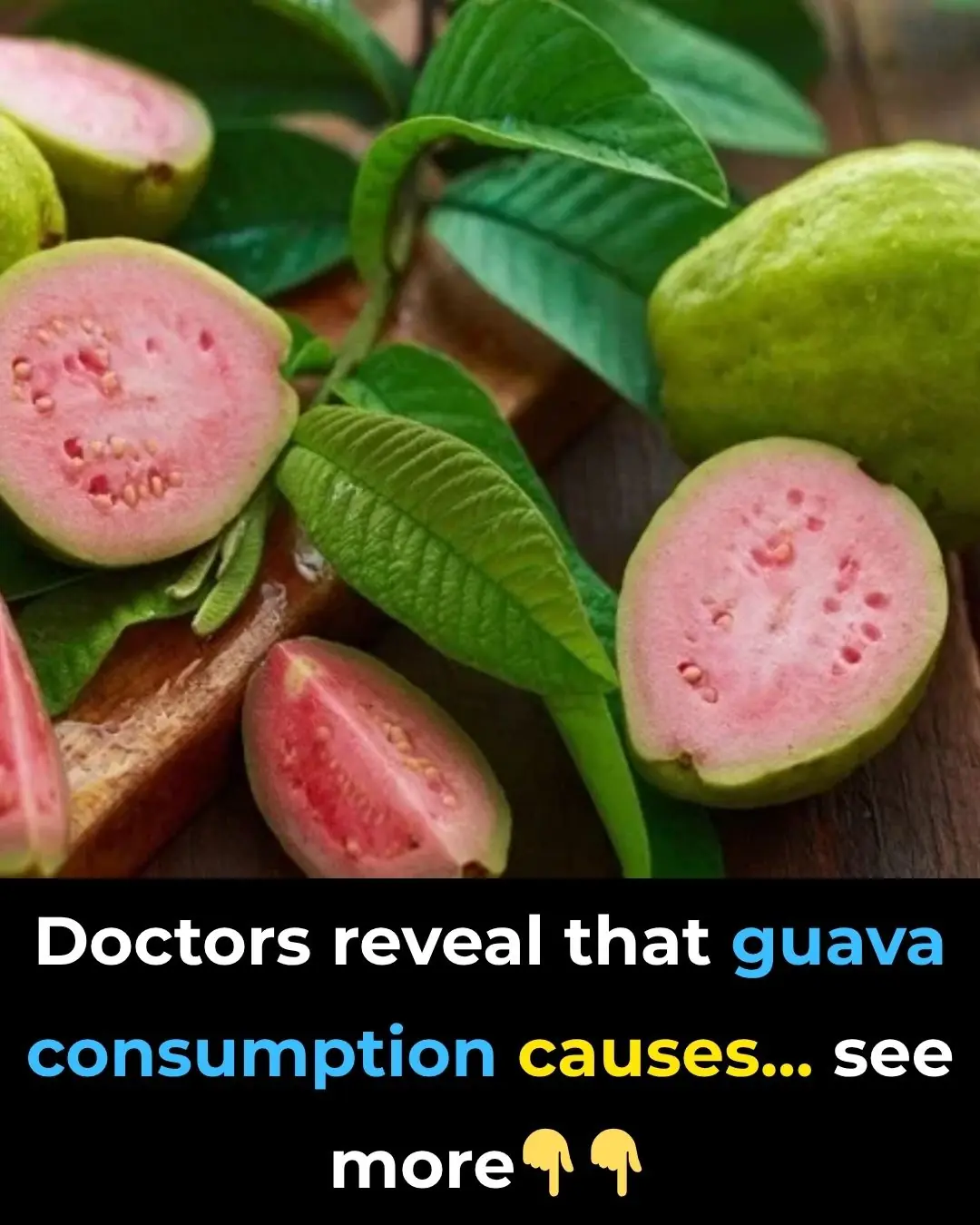
Doctors REVEAL that guava leaf tea causes in...
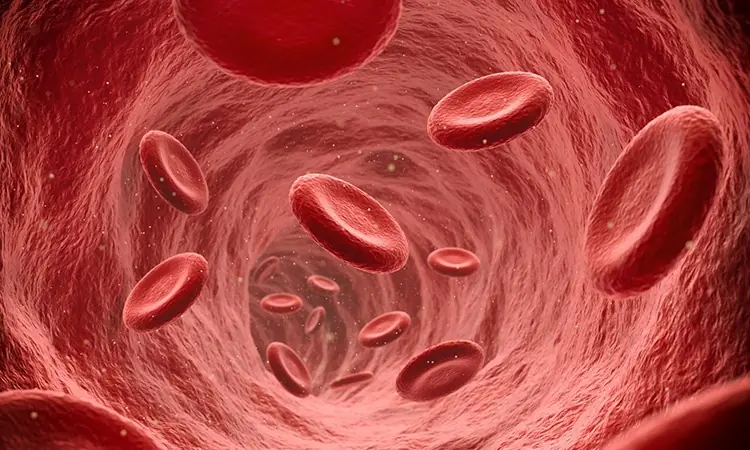
Simple Ways to Lower Cholesterol Naturally

10 Simple Lifestyle Changes That Drastically Reduce Your Stroke Risk
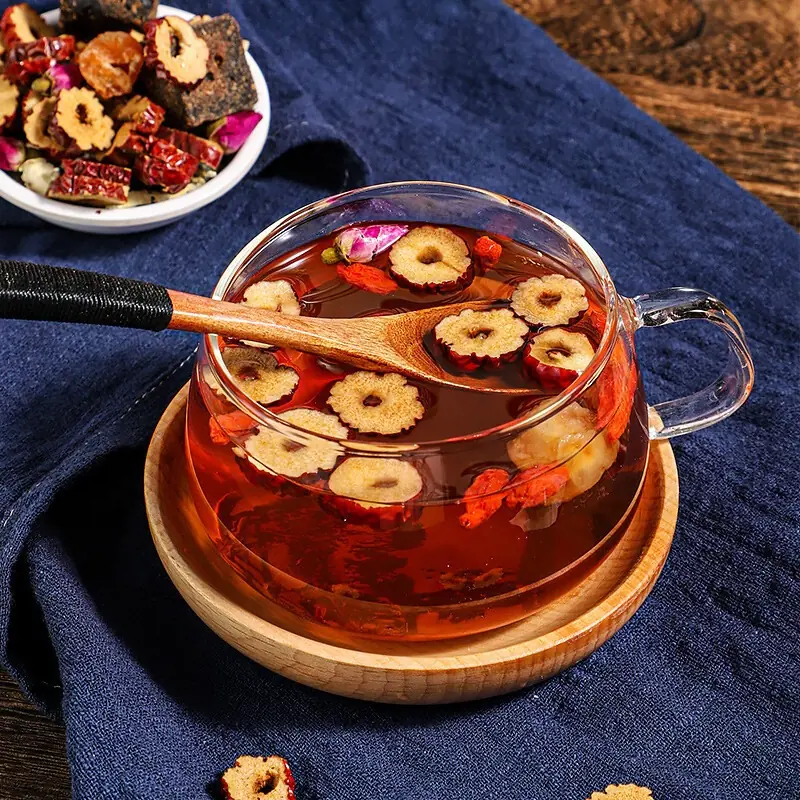
Ginger and Red Date Tea: The 97-Year-Old Grandma’s Secret Longevity Drink
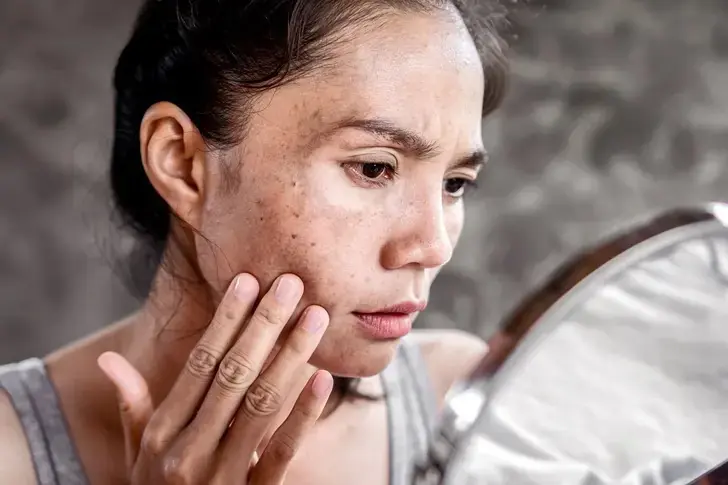
How to Remove Age Spots Naturally with Lemon Juice

Molasses Stops Insulin Resistance Almost Immediately — Here's How to Use It
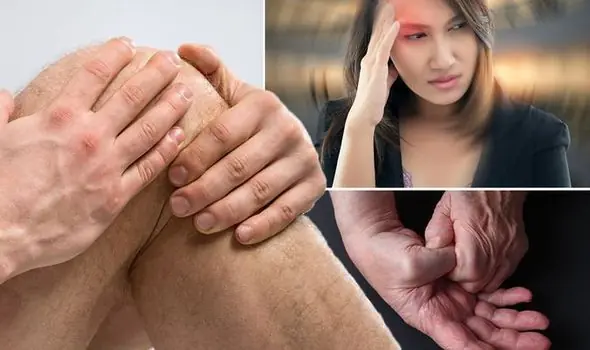
15 Silent Signs You’re Dangerously Low on Vitamin B12

The Potassium Powerhouse: What Eating Bananas Daily Does to Your Blood Pressure
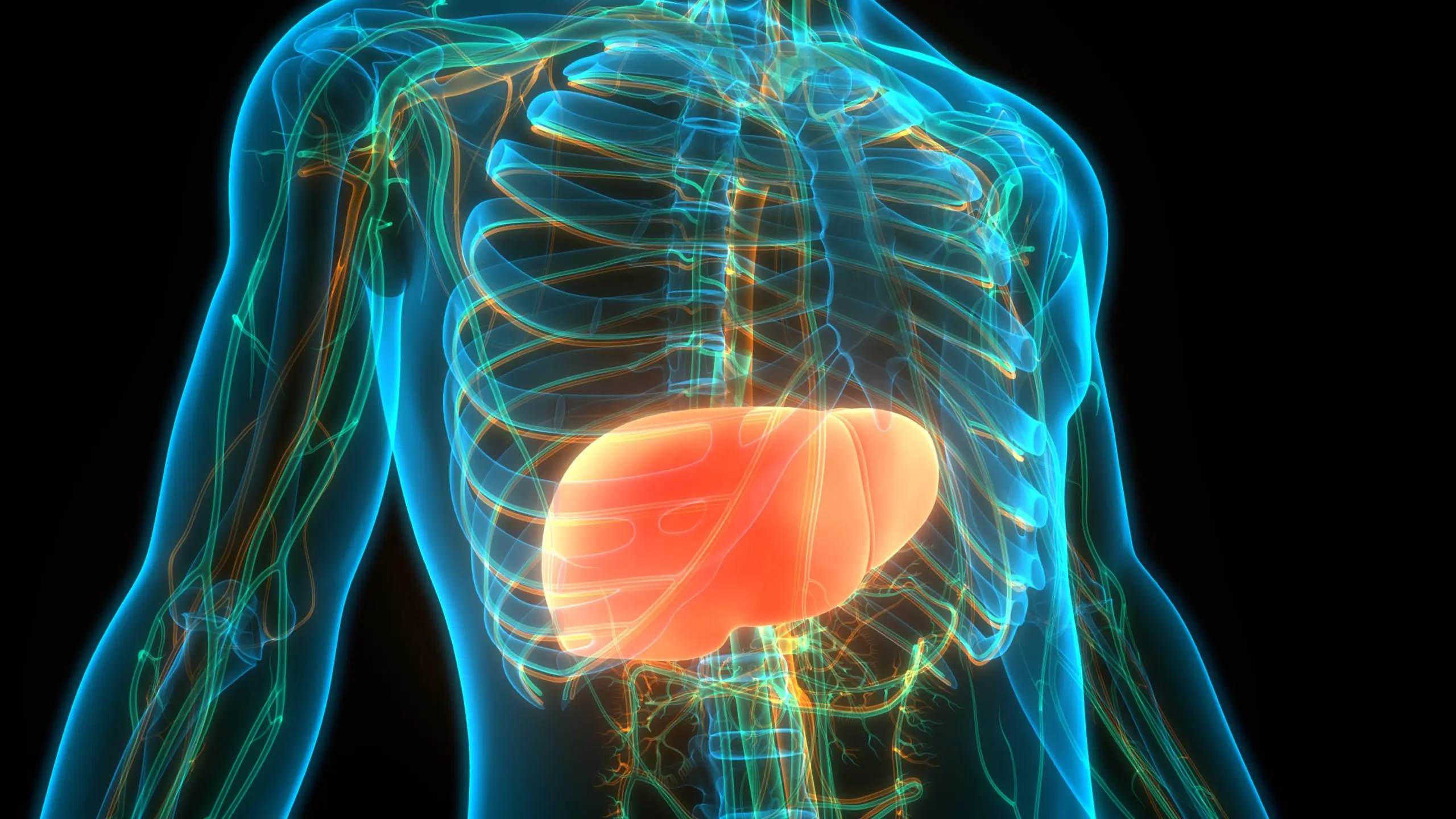
A Powerful Two-Ingredient Mixture for Cleansing Your Liver
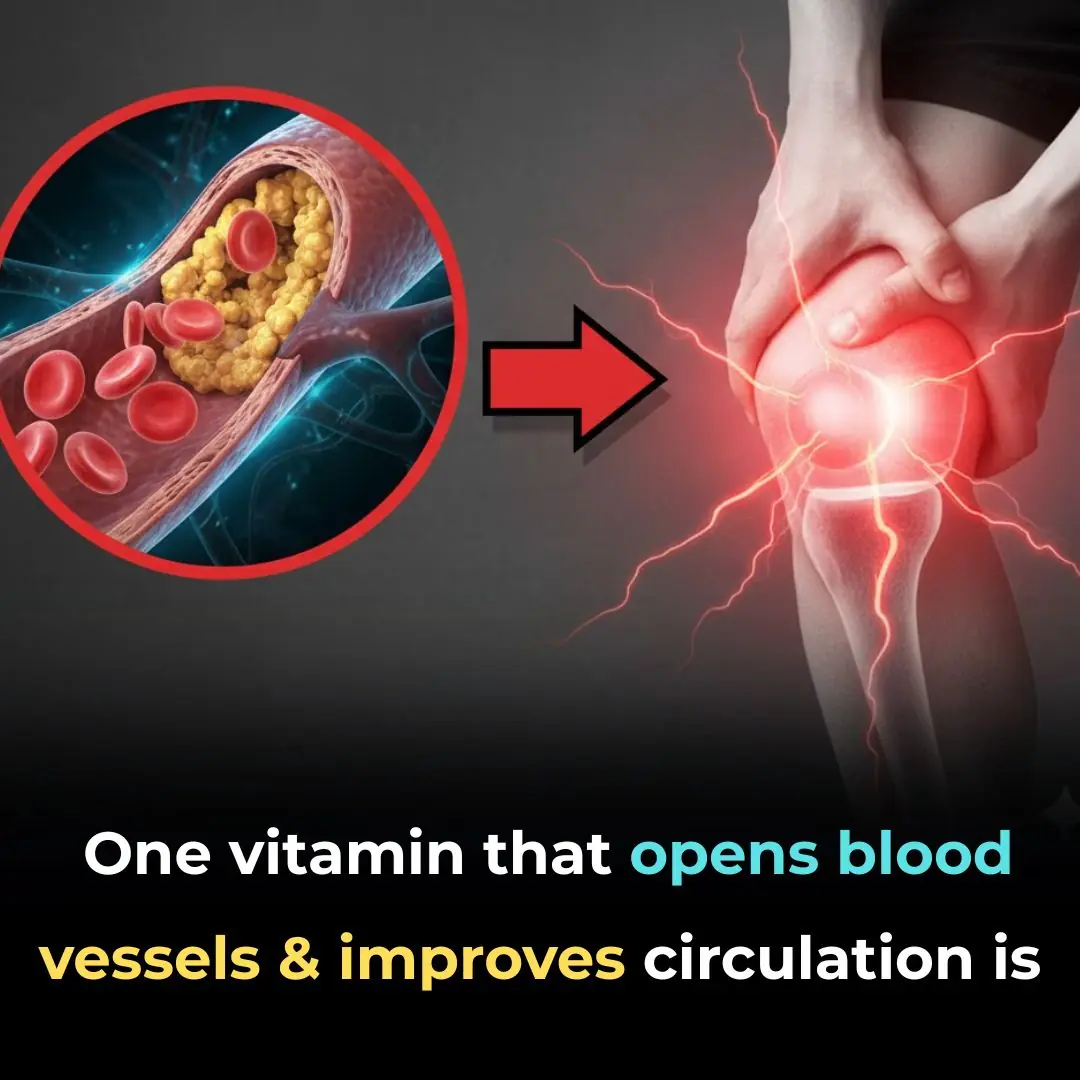
One Vitamin That Could Transform Your Circulation
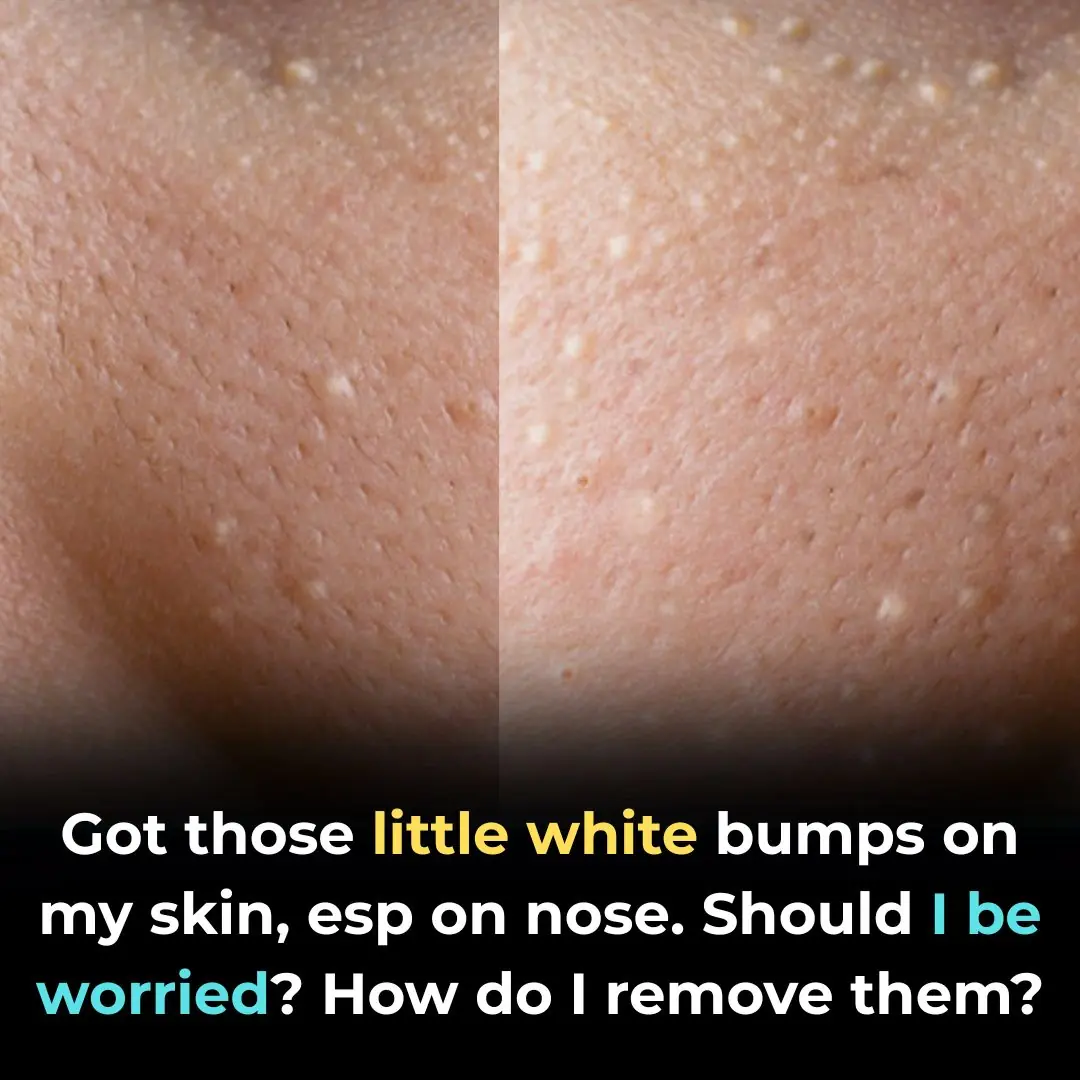
White Bumps on Your Face Don’t Try to Remove Them
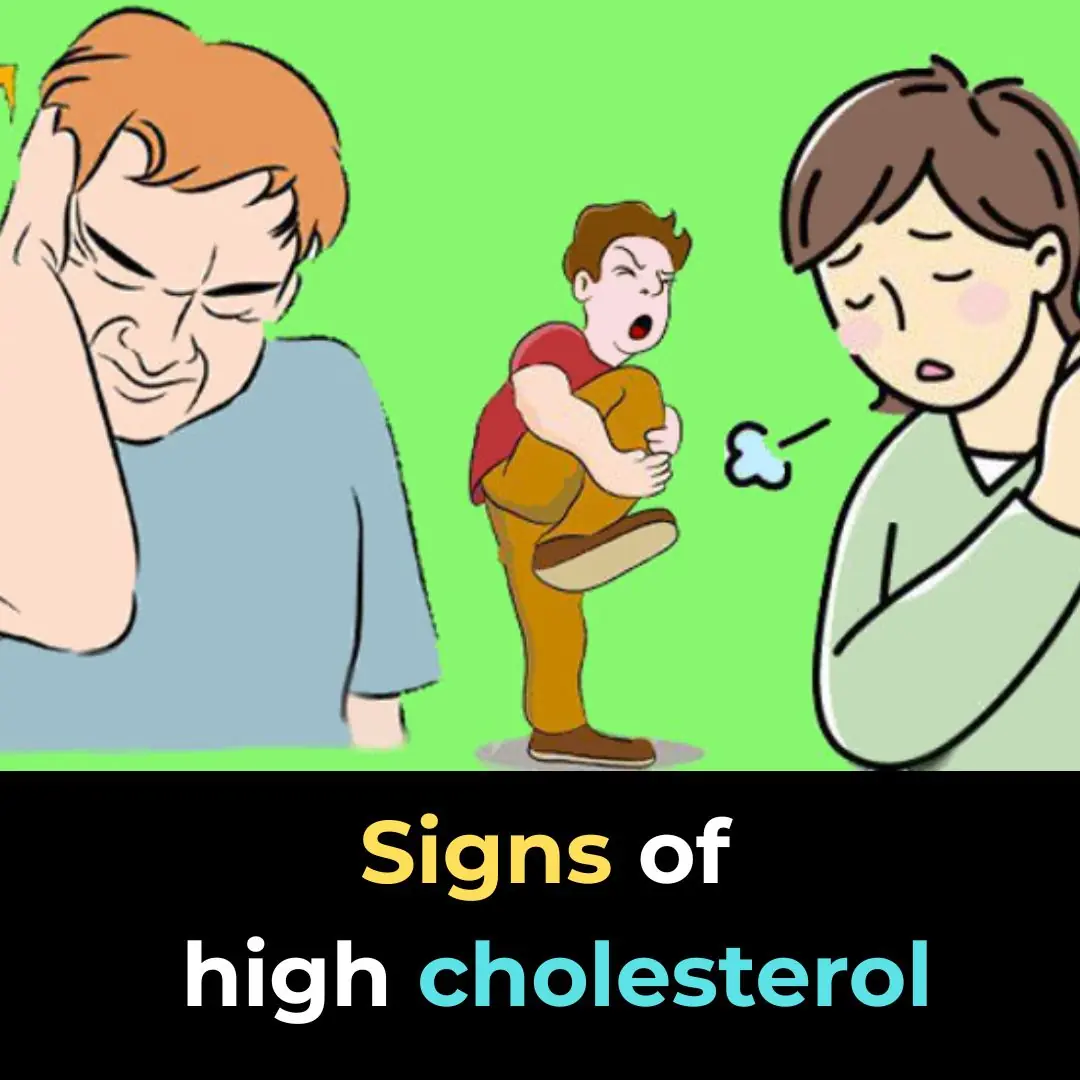
Signs and Symptoms That May Indicate High Cholesterol Levels
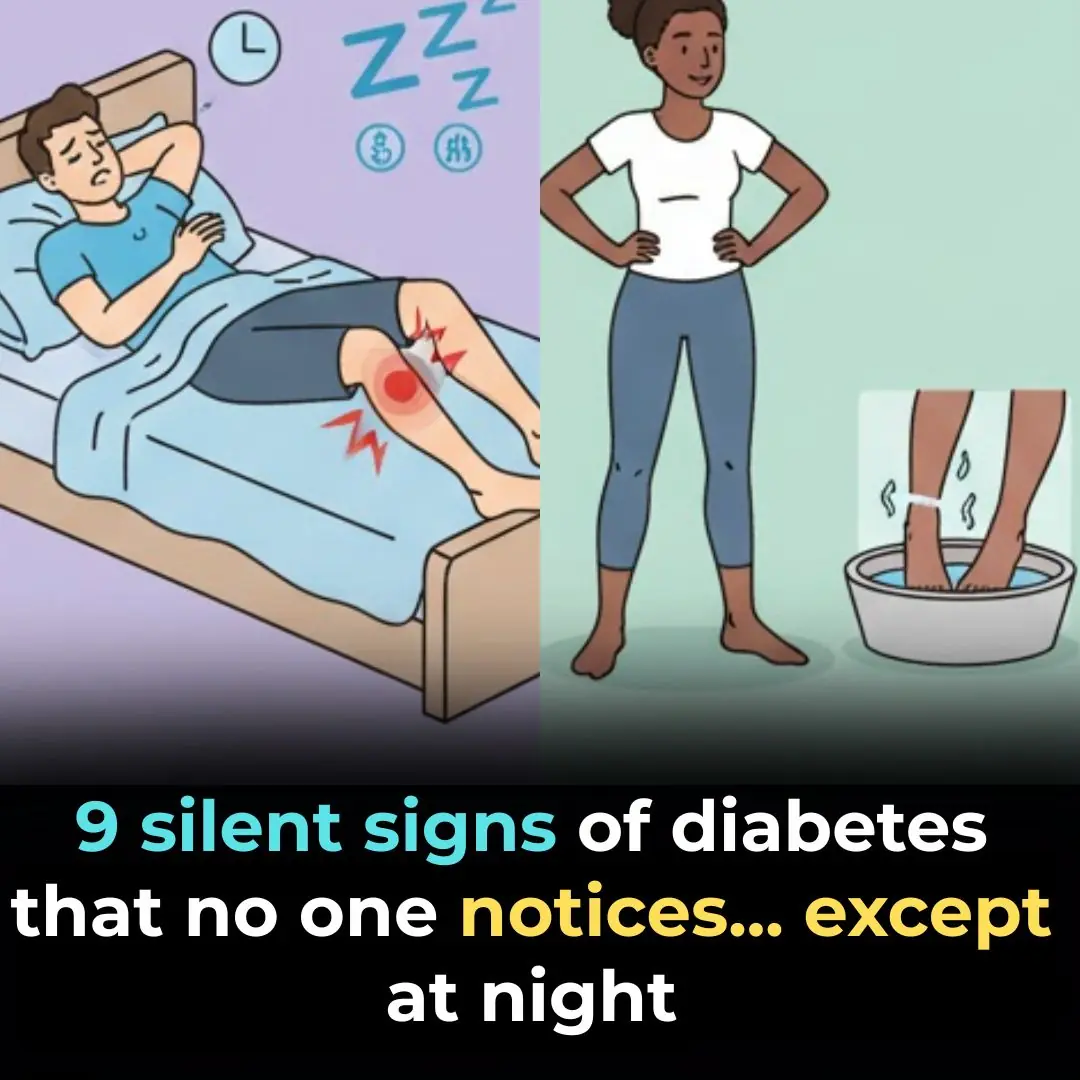
9 Signs of Diabetes That Appear at Night: What You Need to Know!
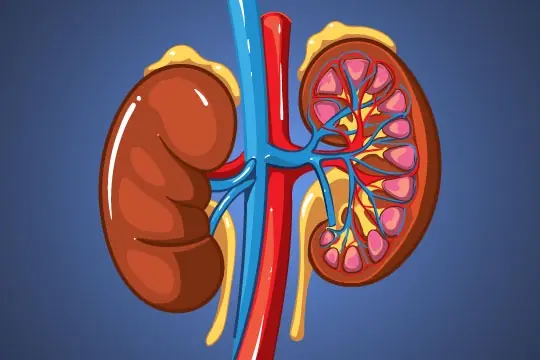
Healing Kidneys Naturally with Herbal Leaves: Supportive Strategies
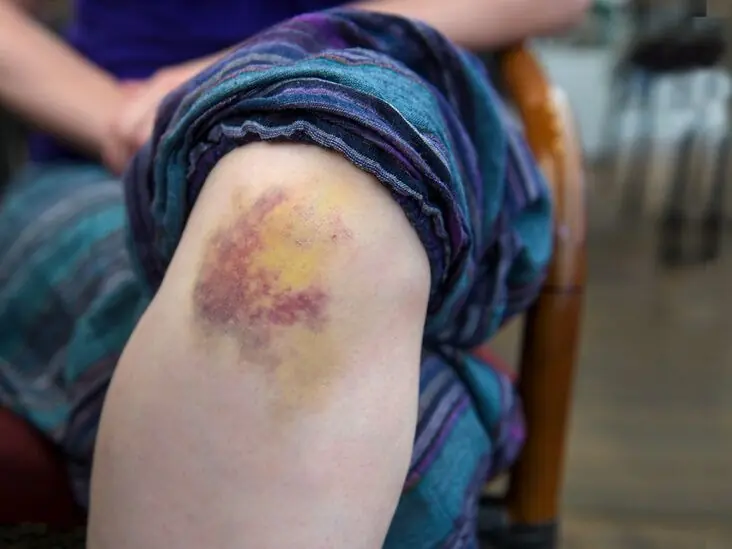
If Bruises Keep Showing Up Out Of Nowhere This Is What It Means for Your Health

8 EARLY WARNING SIGNS OF OVARIAN CANCER WOMEN SHOULD NEVER IGNORE THESE
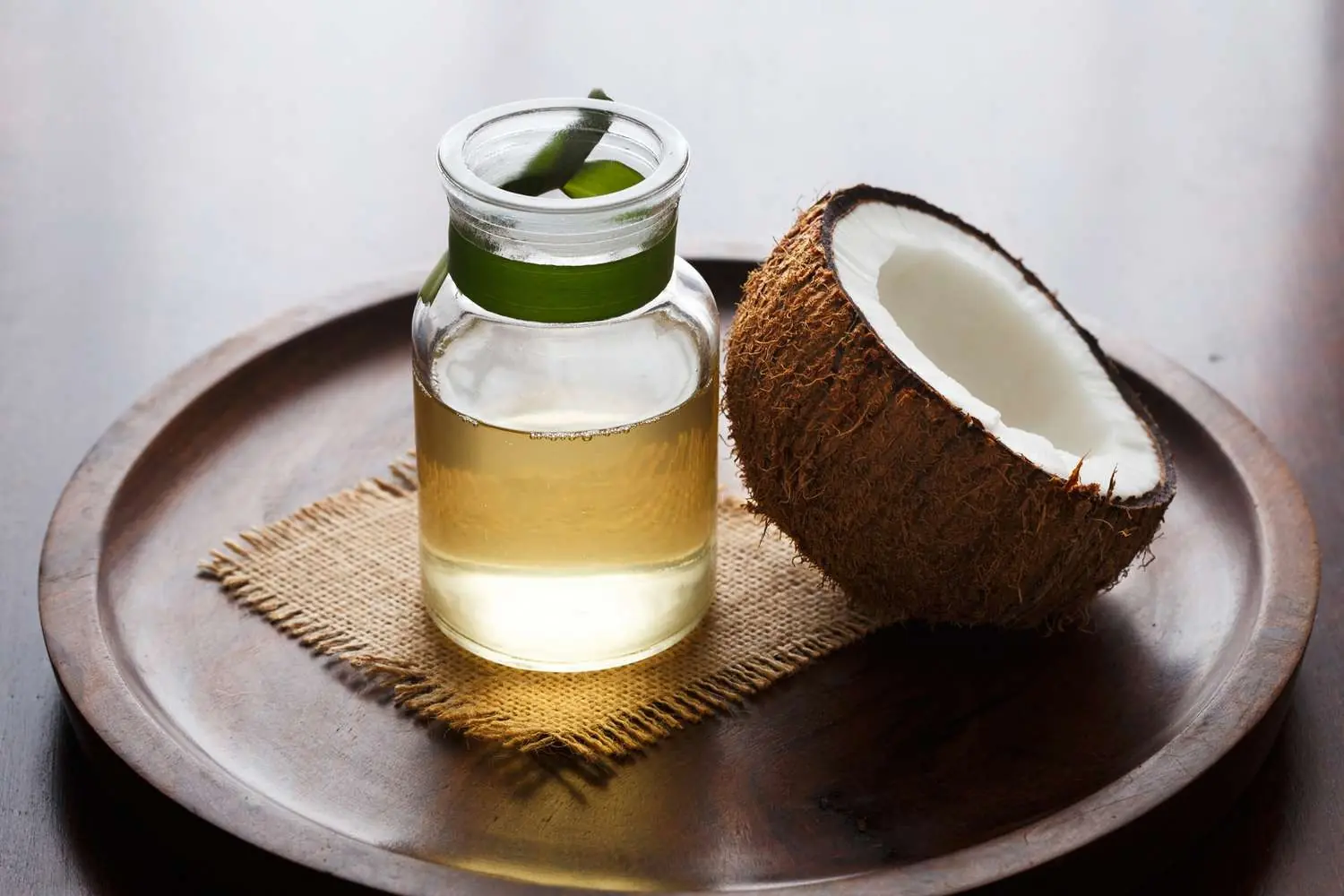
6 Ways Coconut Oil Can Benefit Those With Thyroid Problems
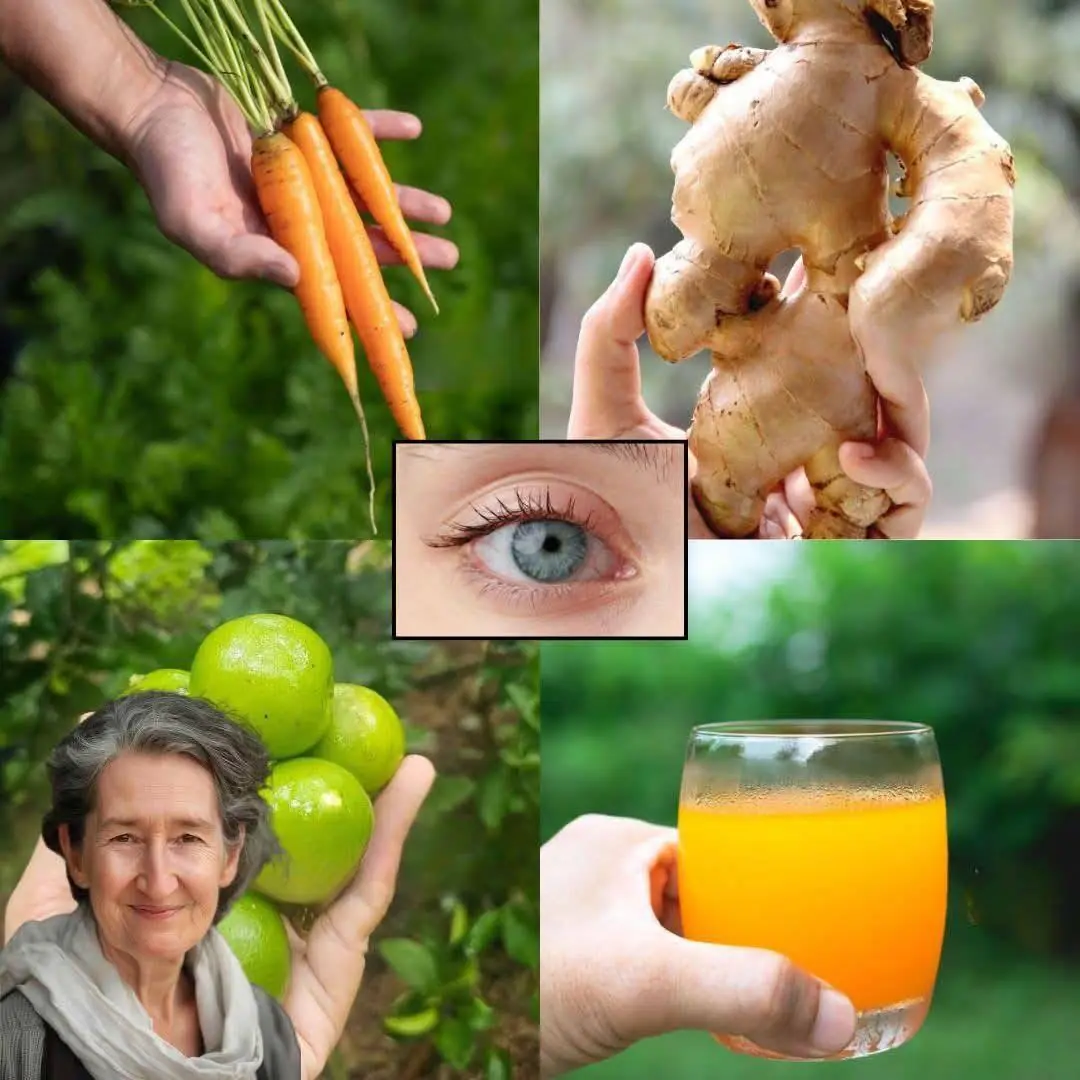
Top 5 Drinks To Improve Vision Naturally (Science-Backed)
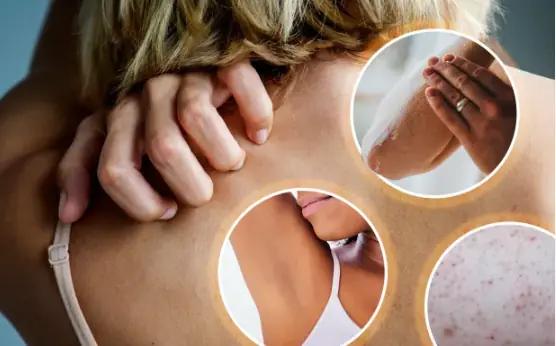
12 Surprising Skin Changes That May Signal Diabetes (A Must-Know Guide)
News Post

Just Add a Few Drops of This When Frying Eggs — They Puff Up Fluffy and Soft, Two Eggs Seem Like Four

KISS legend Gene Simmons, 76, hospitalized after scary car crash in Malibu

Pick your wing to reveal who your guardian angel is

Little Button on Your Seat Belt

Papaya Leaves: Do Not Make This Hair Treatment if You’re Not Ready for Extreme Hair Growth

Kylie Kelce has the best reaction to Taylor Swift’s raunchy ‘Wood’ song about brother-in-law Travis
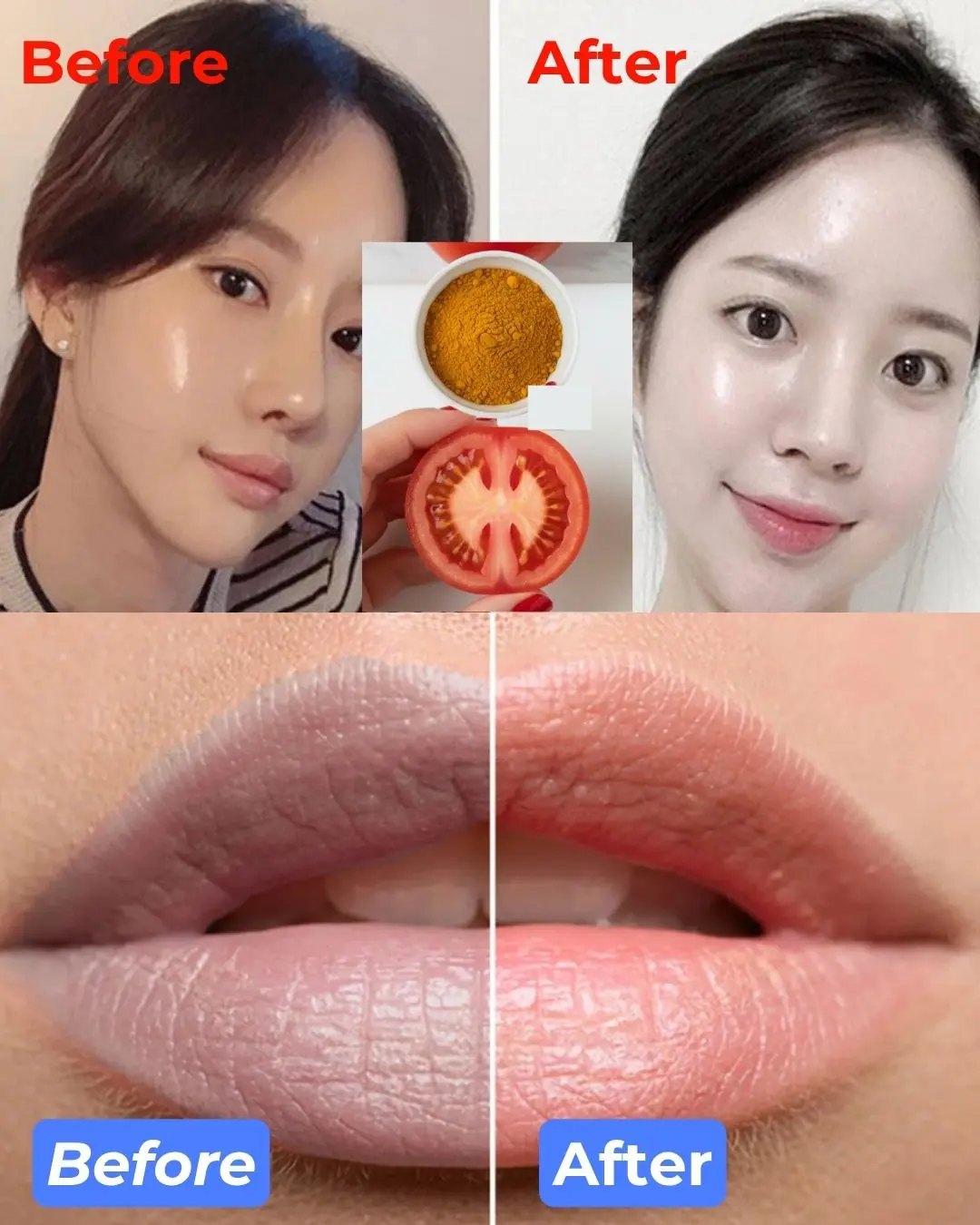
DIY Tomato and Turmeric Cream for Glowing Skin and Pink Lips

50 Cent's extreme body transformation left people questioning whether it was actually real

NASA astronaut going to the Moon next year reveals bizarre act he plans to do moments before takeoff

12 Weird Diabetes Skin Problems You Need To Know

Doctors REVEAL that guava leaf tea causes in...

Simple Ways to Lower Cholesterol Naturally

The Greyhound and the Rabbit: An Unlikely Pair That Proved Love Has No Boundaries

10 Simple Lifestyle Changes That Drastically Reduce Your Stroke Risk

How the sandstone pillars of Monument Valley were actually formed

Four Boys, One Dog, Endless Courage

20+ Iceland Photos You Won’t Believe Are From This Planet

The Cop Who Fixed a Taillight and Lost Everything.

Ginger and Red Date Tea: The 97-Year-Old Grandma’s Secret Longevity Drink
